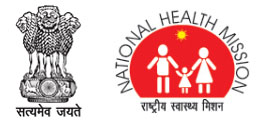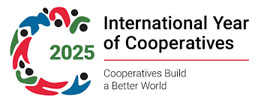The ASHA programme is a key component of the community processes element of National Health Mission intended to achieve the goal of increasing community engagement with the health system. ASHAs are the key drivers of community-based care introduced with the key objective of bridging the gap between health services and community by functioning as a healthcare facilitator, a service provider and a health activist at the community level.
The programme has evolved in many significant ways since its launch in 2005, responding to local context and national priorities. Key programme components that have contributed to the sustainability of programme include mechanisms built for regular modular training and on the job mentoring, creation of strong support structures and performance linked monetary and non-monetary incentives.
Key milestones that shaped the discourse of the programme leading it to its current status, where ASHAs are being considered an important member of the primary health teams at Ayushman Arogya Mandir are as follows –

In the current context of Comprehensive Primary Health Care, ASHAs are being viewed as the key member of the primary healthcare team to support delivery of the expanded package of services at community level. This requires expansion of the tasks performed by them from maternal and child health and communicable diseases to newer service areas like emergency and trauma care, oral health, eye and ENT care and chronic diseases like mental health, palliative and elderly care.


